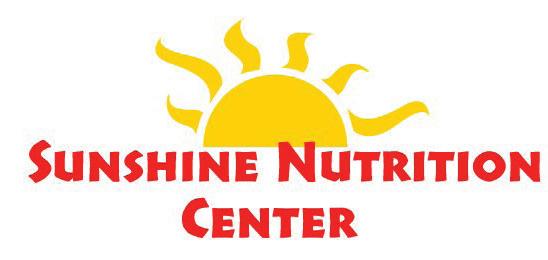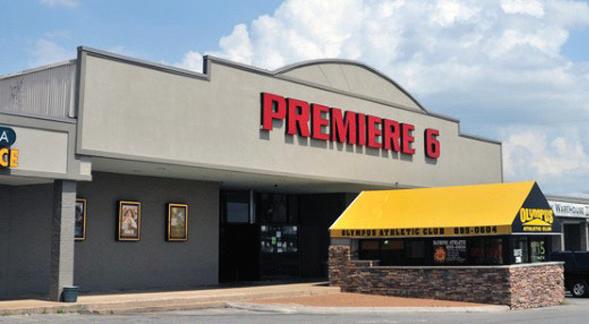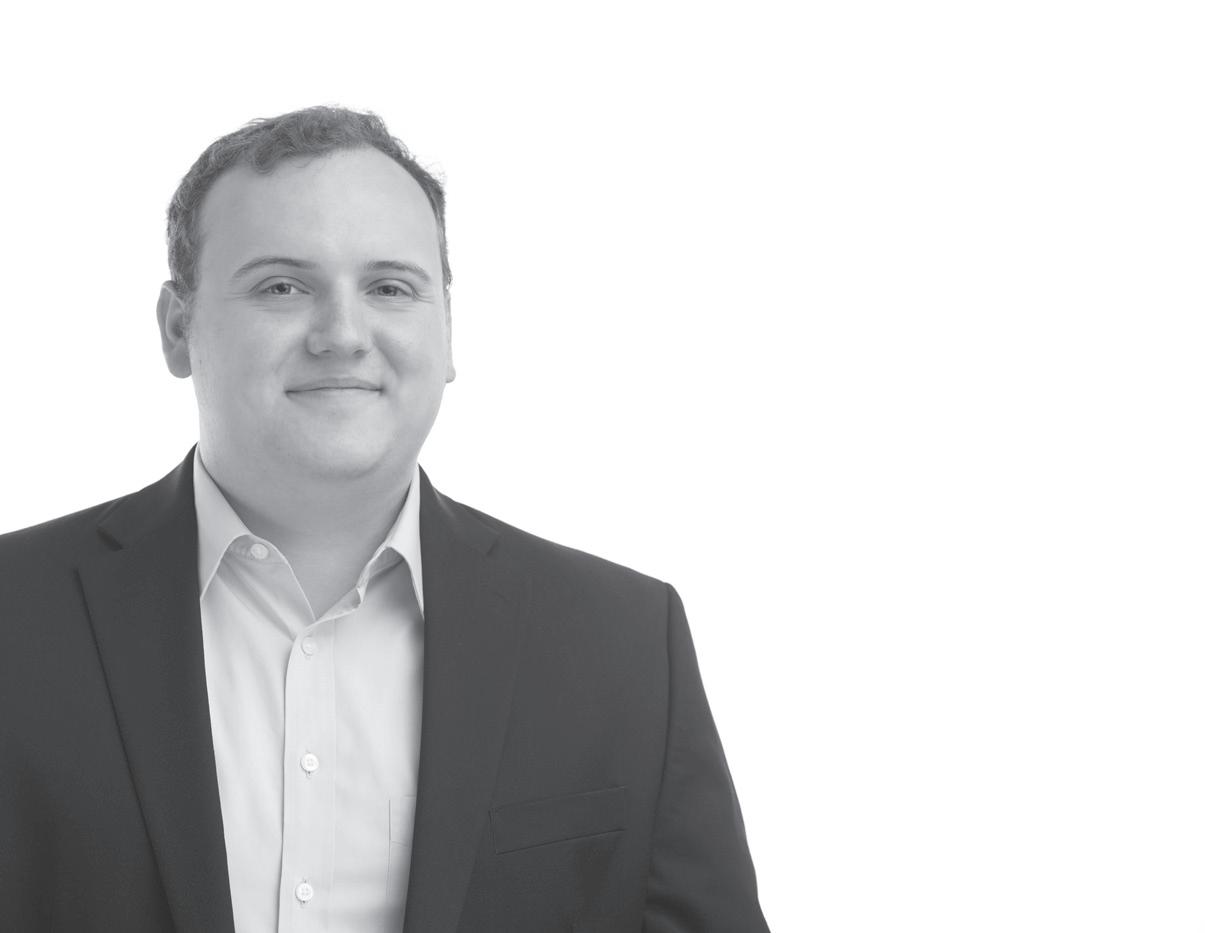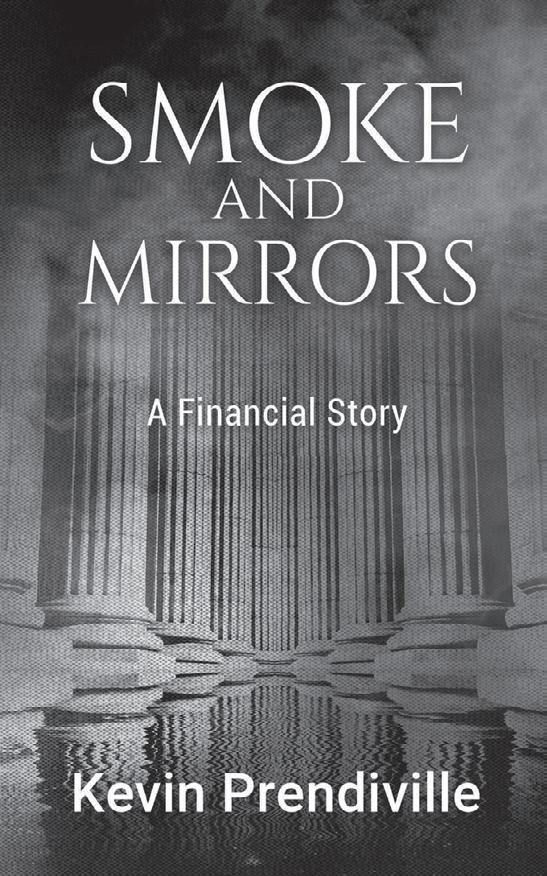
11 minute read
Movies
424 MEDICAL CENTER PARKWAY MURFREESBORO 615-624-6140 615-624-6140 We Treat Your Dog Like Family

Advertisement
SPECIAL OFFER! $5 OFF ANY GROOMING
PACKAGE
EXPIRES 3/31/21

HOURS: FRIDAY 12—5 P.M. SATURDAY 12—6 P.M. SUNDAY 12—3 P.M.
Like Big Creek Winery Tasting Room on Facebook for changes to hours and updates on events
7027 Main St. Christiana, TN 37037 615-785-2124

Purveyor of Fine Oils & Vinegars — on Tap
at
THE AVENUE MURFREESBORO 2615 Medical Center Pkwy. Ste. #2070 615-895-0007 EPICUREANOLIVEOIL.COM
Your full-line health food store.




BULK HERBS ~ VITAMINS ~ TEAS ~ FOOD PERSONAL CARE ~ BULK ITEMS ~ VEGAN FOODS GLUTEN-FREE FOODS ~ LOCAL HONEY






621 S. Church St. Murfreesboro 615-896-2972 Mon.–Fri. 8:30 a.m. to 6 p.m. Tues. 8:30 a.m. to 6:30 p.m. Sat. 8:30 a.m. to 5 p.m.
901 Rock Springs Rd. #170, Smyrna 615-355-6890 Mon.–Fri. 9:30 a.m. to 6:30 p.m. Sat. 9:30 a.m. to 5:30 p.m. Like Us: Facebook.com/SunshineNutrition
Movies
Roll Out the Red Carpet

Murfreesboro’s hometown theater, Premiere 6, offers private theater rentals
BY MELISSA COKER
PREMIERE 6 THEATRE NOW OFFERS private group rentals of their auditoriums for screenings—and patrons can choose from a predetermined list of movies or possibly even provide a picture show of their own choosing.
“We had almost every available time slot filled for December. Families couldn’t wait to see Elf or Christmas Vacation on the big screen during the holiday season,” said Premiere 6 general manager Shelby Brantly. “I hope that this will continue to be a major source of income for us. It is very hard to plan anything in the movie industry right now . . . we can show a DVD if someone wants to rent the auditorium for a movie we don’t have. I try to have a wide variety of movies to pick from, but sometimes they need a very specific movie; I have even had someone surprise their family with old home videos!”
Some DVDs and Blu-rays can present some potential issues, though, Brantly added, “so we always prefer to show something that I know will work.”
That said, consider spending an evening with a classic movie, home videos or hitting the right note with a concert film. Premiere recently screened Elvis: That’s The Way It Is in celebration of the movie’s original 1970 release and has also stayed busy with $5 classic movie showings of titles such as Back to the Future, The Breakfast Club, Ferris Bueller’s Day Off, Singing in the Rain, Planes, Trains, and Automobiles, Fried Green Tomatoes, Die Hard, Steel Magnolias, Forrest Gump, Ghostbusters, Grease and others.
“This summer we were able to introduce our teen and tween cousins to Back to the Future and Ghostbusters,” one moviegoer said. “It was so much fun sharing movies from when we were the same age and to be able to do it on the big screen.”
February’s selections (which can be booked on Premiere’s website) include E.T., Back to the Future, Jaws, Jurassic Park, Sabrina, Roman Holiday, Breakfast at Tiffany’s, Remember the Titans, Shawshank Redemption, Hidden Figures, The Bodyguard and No Country for Old Men.
Prefer to leave the past behind and stay focused on the future? New releases available for rentals are News of the World, Wonder Woman 1984 and Promising Young Woman.
“I ask on social media what people want to see and I do my very best to make it happen,” Brantly said. “Film companies are hesitant to release new movies because some of their biggest markets are still under lockdowns, so release dates are constantly changing. As soon as I plan on a certain movie or get a schedule of which movies I will show for a month it all changes. We have been fortunate enough to have the community support us and come see ‘classic’ movies for $5 for the majority of 2020.”
The theatre also learned to butter up patrons during the downtime of 2020 by subsisting on gift card sales and heaps and bags of fresh popcorn. The community’s support is not taken lightly.
“Thank you for being open almost the whole time,” one patron said. “I have several people who have said ‘I miss going to the movies’ and I always tell them ‘I don’t know why you miss it, I have been going to the movies almost the whole time at Premiere 6.”
“I was so excited to see my favorite movie, To Kill a Mockingbird, over the summer. I never thought I would get the chance to see it on the big screen,” another patron said.
Premiere’s private projections project began when TrustPoint hospital wanted to rent out the entire theatre for their employees after weather canceled an outdoor movie night, Brantly said.
“It was the busiest we had been in months. I then had a father reach out to me and request to buy out an auditorium so that his family could watch a movie safely without having to worry about anyone else in there,” she said. These private screenings, when groups can make some special moments together and take in the big picture have been met with tremendous support, she said.
The classic movie screening cost is $100 for up to 20 people and $5 for each additional person, with a 40-person maximum. New releases are $120 for up to 20 people and $6 for each additional person (also with a 40-person maximum).
Premiere 6 Theatre is located at 810 NW Broad St., Suite 200, Murfreesboro. For information about upcoming film releases, regular movie pricing, private rentals or to order popcorn, visit murfreesboromovies.com.
SMOKE AND MIRRORS

Use compound interest, other people’s money to build wealth, Prendiville says
BY LAURA LINDSAY
KEVIN PRENDIVILLE, owner of the company Financial Transitions, works with investor clients in Middle Tennessee and has recently written a book on fi nancial freedom called Smoke and Mirrors.
In his book, he encourages others to maximize their wealth and harness the power of compound interest, he explains what fi nancial freedom is and then he reveals many fi nancial myths.
“My goal is not to promise riches or a fl ashy get-rich-quick scheme, but to reinvigorate the idea that America is our land of opportunity,” he writes. The author, who wants others to expand their view of wealth building, says he aims to “dispel the biggest fi nancial myths in the industry today.”
“I know that you can identify for yourself tens of thousands of dollars that all of us are unknowingly and unnecessarily sending away to the federal government, fi nancial institutions and Wall Street,” Prendiville writes in Smoke and Mirrors.
He said he believes people shouldn’t have to jump through a lot of hoops to have access to their money, but unfortunately there is often red tape surrounding one’s money as soon as it is placed in a fi nancial product or banking solution. In Smoke and Mirrors, he discusses how this is done by banks, other fi nancial institutions and the federal government.
In a quest to free up peoples’ money and increase their wealth, Prendiville explains the concepts of wealth control, opportunity cost, compound wealth, infl ation, accumulated wealth, transferred wealth, the circle of wealth, collateralization and the use of other peoples’ money (OPM).
He also discusses debt, and the idea of a debt-free lifestyle as he poses the question: “Is our objective to have more money, or is it to be debt-free?”
In an interview with the Murfreesboro Pulse, Prendiville talked about his mission and about wealth building.
“I believe that true freedom begins with fi nancial freedom,” he said. “I help educate on how, unknowingly and unnecessarily, we are giving money to a number of different institutions,” he said. “Knowing this, we can build better, stronger, more usable wealth. One of things I touch on is how where our money may actually be can be more important than what it can earn us in terms of percentages.
“It’s not just a strategy of getting 12 versus 8 percent, it is having access to the money that you have already earned,” he said. “We are very blessed in this country in the sense that a lot of us know how to make money, whether it is working with a skill, working with our minds, working with our hands. The problem is maximizing our own money that we have earned. That is the essence of the education that I look to provide all of my clients with and the reason behind Smoke and Mirrors.”
Prendiville emphasizes three building blocks when it comes to wealth.
“One objective is to minimize opportunity cost. Opportunity cost is the basic measure of how much money you’ve lost by making one decision. This comes into effect obviously when we borrow money from an institution. We are doing something as simple as buying a car and we transfer our wealth to an institution, a bank for instance, and the money that we spend on that asset will never again be able to be used for our advantage. That’s because the money that could have been invested in—even if you calculate the average market rate of return against what that cost was over the 10, 15, 20, 30 years—it ends up being a much larger number than what we end up actually spending. And the same principle applies when we pay for something with cash, which is why I’m not a proponent of being completely debt-free.
“I think that is a bit of a fallacy because when you pay for something with cash, the opportunity cost still applies,” Prendiville said. He asks consumers to consider the idea of taking out a loan on a car, for example, and then compare the total amount spent to the total amount their invested money would yield if it had been allowed to continue to compound in their favor.
“The next principle is uninterrupted compound interest, and this is what Albert Einstein called the Eighth Wonder of the World. It works on an exponential curve and the basic principles that money will continue to compound on itself and will essentially build momentum the longer it stays accumulating.”
Whenever the compound effect on your money stops, like when there is a market crash or when you go and take money out to pay for something with cash, for instance, Prendiville explains, then the compound effect stops and it has to restart.
“So, if you are already 15 years in accumulating interest and then you take money out or the market crashes and it comes to a dead stop, now it’s going to have to rebuild that momentum and in 15 years you will be nowhere near where you would have been [with uninterrupted interest].”
The fi nal principle is the principle of other peoples’ money—or “OPM.”
The way you maximize this is by borrowing against an appreciating asset, and there are many different ways that you can do this. This is how you look at debt differently. While there are certain types of debt that you defi nitely want to be wary of that will sink a fi nancial plan, there is also a bit of debt known as good debt and that is usually measured by using debt in order to purchase an appreciating asset. So if I had an account that was compounding and I borrowed against it because I am using other peoples’ money, I am not taking from the account and I’m not contributing to my opportunity costs.”
The consumer can then use that borrowed money to buy an asset—real estate or to buy a business or to get in the stock market.
“I can use the profi ts from that asset to pay down the loan on my appreciating asset, and once I’ve cleared that debt I have two assets: one that has continued to compound for the whole time and the other one that is just beginning on its journey,” Prendiville says. “I have two assets, I have not contributed to opportunity costs and I have allowed compound interest to begin to take effect in the new asset and to continue without interruption in my original asset.”
For those who want assistance with their fi nances, and further explanation of these principles, Financial Transitions offers three main services: cash fl ow mapping, which serves business owners and individuals by taking a look at where where money is being allocated and maximizing the amount of cash fl ow; basic disabilities coverage, offered for small businesses because, Prendiville says, the number-one reason people with wealth die without it is because they become disabled and have to draw from the money they have; and private reserve strategy, offered for both business owners and individuals, essentially enabling people’s money to work for them similar to how it works for the banks. Private reserve means you aren’t transferring wealth to different institutions, and you are able to maximize your uninterrupted compound interest and minimize your opportunity costs.


For more information, contact Kevin Prendiville at 978-501-2236, visit kevinprendiville.com or fi nd Smoke and Mirrors on Amazon.






